In this exclusive interview with Techuncode, Pickmeup co-founder, Michael Okaredje, reveals the mistake OPay made that led to the demise of ORide/Ocar, why he established a local car-hailing startup and the impact of Uber and Bolt on Pickmeup’s operation. Okaredje also discussed several other industry issues, including how Lagos State Government policy supports foreign hailing companies against local startups.
What pushed you into the car-hailing business?
I saw the lack of ride-hailing services in my city and the sizeable un-serviced market in Nigeria and Africa at large. So I decided to develop a product based on my extensive knowledge of the terrain and the consumers.
How will you rate the car-hailing market in Nigeria?
The ride-hailing industry in Nigeria is rapidly growing due to greater adoption and increased roll-out of smartphones and high-speed internet.
Pickmeup is relatively silent in the south-west, which is a car-hailing major market. Is this an intentional strategy or what?
This is an intentional strategy to focus on the smaller cities where there is less competition, gain traction and customer loyalty before expanding to the larger cities.
Which state will you rate as your revenue-driven market, and why?
I will rate Delta State as our revenue-driven market. We are the first to pioneer ride-hailing services in the state and it’s a very new thing to the marketplace.
We’ve seen an increasing user base among millennials. Customers love the product, the interface, and the live chat support.
Pickmeup is competing in the same market as Uber and Bolt. How has this competition affected or shape Pickmeup?
I think competition is a double-edged sword and, counterintuitively, often brings more benefits than drawbacks. The competition has made us stronger and we’ve experienced incredible traction.
Currently, over 50,000+ people rely on our app to move around their cities.
The reason for this is our ability to offer lower costs for the same quality of service and have a better understanding of the market terrain.
ALSO READ: GITEX 2020: NITDA Offers Full Sponsorship For Tech Startups
We are known for doing the smaller things that the bigger competitors are missing and being able to tailor the experience to Nigerians a lot more than they can because they are actually more focused on other markets and have their attention divided.
Ocar operated just a few months before exiting the market. Few other car-hailing startups have also exited. Does this not scare Pickmeup?
We are not scared. One of the reasons Ocar exited was due to unrealistic promos that could not be sustained.
We think we are on a very clear journey, and we have not missed a step since we started that journey to shape the future of transportation & logistics in Africa.

Michael Okaredje
What makes Pickmeup different from Uber and Bolt?
Pickmeup is different from Uber and Bolt in several ways. We offer competitive pricing, with the lowest service fee of 15% for drivers compared to Bolt’s 20% and Uber’s 25%.
We also offer drivers the flexibility to pay themselves plus free training and vehicle inspections.
The relationship between drivers and our two major competitors is very poor, with constant disagreements and protests.
We are proud to look after our drivers and believe they are the backbone of this business; this is something that sets us apart.
Our customers enjoy greater fare transparency and a live chat support system to resolve their queries in real-time.
They can also favourite their drivers, which are then prioritised for future ride requests.
This enables them to have a level of control over their experience and incentivising drivers to offer a competitive service.
We also have a central dispatcher hotline that allows us to receive bookings from customers over the phone and dispatch drivers immediately, which easily integrates them into our system.
Government policy ended bike-hailing in Lagos. How do government’s policies affect car-hailing business in Nigeria and what can government do to support the car-hailing market?
The government can support the ride-hailing market by introducing favourable policies, creating an enabling environment to drive greater efficiencies and entering strategic partnerships with ride-hailing companies to provide more jobs, data for policymakers and urban planners to guide city planning decisions.
What’s your opinion on the tax placed on car-hailing drivers and the license fee and regulations placed on car-hailing in Lagos?
In my opinion, the timing is wrong given that businesses are already facing a lot of challenges due to the ripple effect of the COVID-19 lockdowns.

Source: MojiDelano.com
ALSO READ: Nigeria Hits $116 Billion In Online Transaction Value During Q3 2020
This will negatively impact the transport sector in Lagos and affect the cost of goods/services in Lagos.
What’s your take on how the Lagos State government is handling ride-hailing business?
I think the fees are too high and do not encourage the indigenous ride-hailing companies to come into Lagos to break the market’s seeming domination by the foreign ride-hailing companies and save our foreign exchange.
The government should critically look into this and review the fees again.
How has COVID-19 affected Pickmeup operation?
Governments campaign advising people to stay at home has impacted the industry short-term.
However, things have picked up at Pickmeup and we have continued to gain momentum post-COVID lockdowns.
Are there plans to expand outside Nigeria?
We have plans to expand outside Nigeria, beginning from 2021. Some of the countries already on our radar include Kenya, South Africa, Ethiopia, the US, and the UK.
What are the challenges faced in operating a car-hailing business in Nigeria?
The main challenges are funding and opposition from traditional taxi unions who are not happy with ride-hailing firms taking their customers.
Any other plans from Pickmeup?
We are currently planning to launch an everyday super app by 2021, where users will be able to commute, eat, deliver packages, and pay for daily essentials through one Pickmeup app.
This will create a uniform user experience, convenience and deliver more value to Nigerians.
Found this interesting? Share!

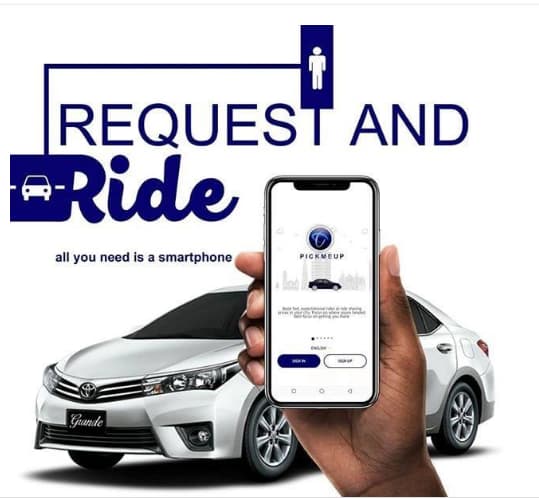
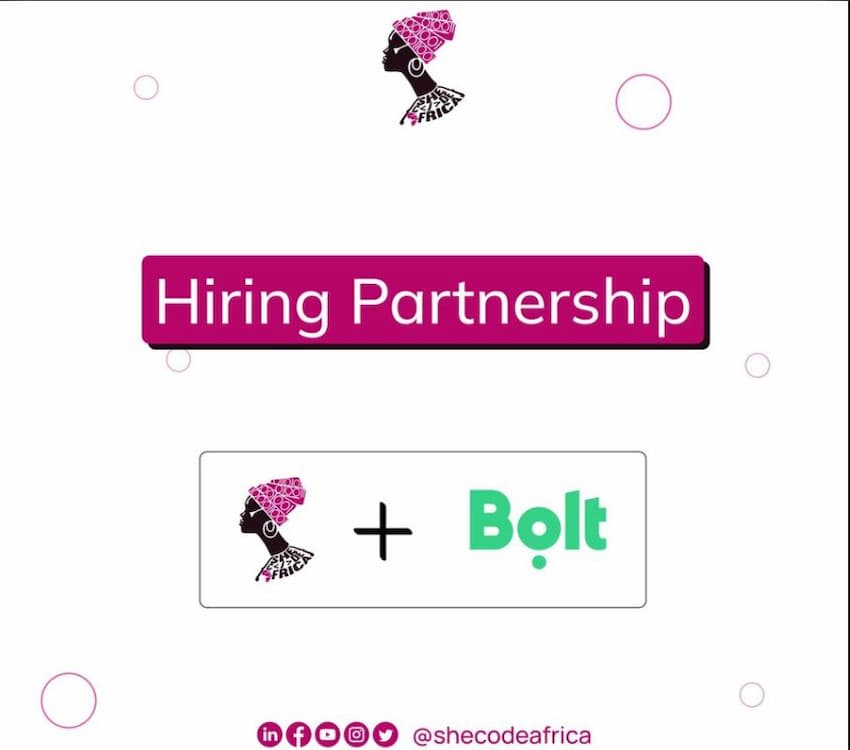
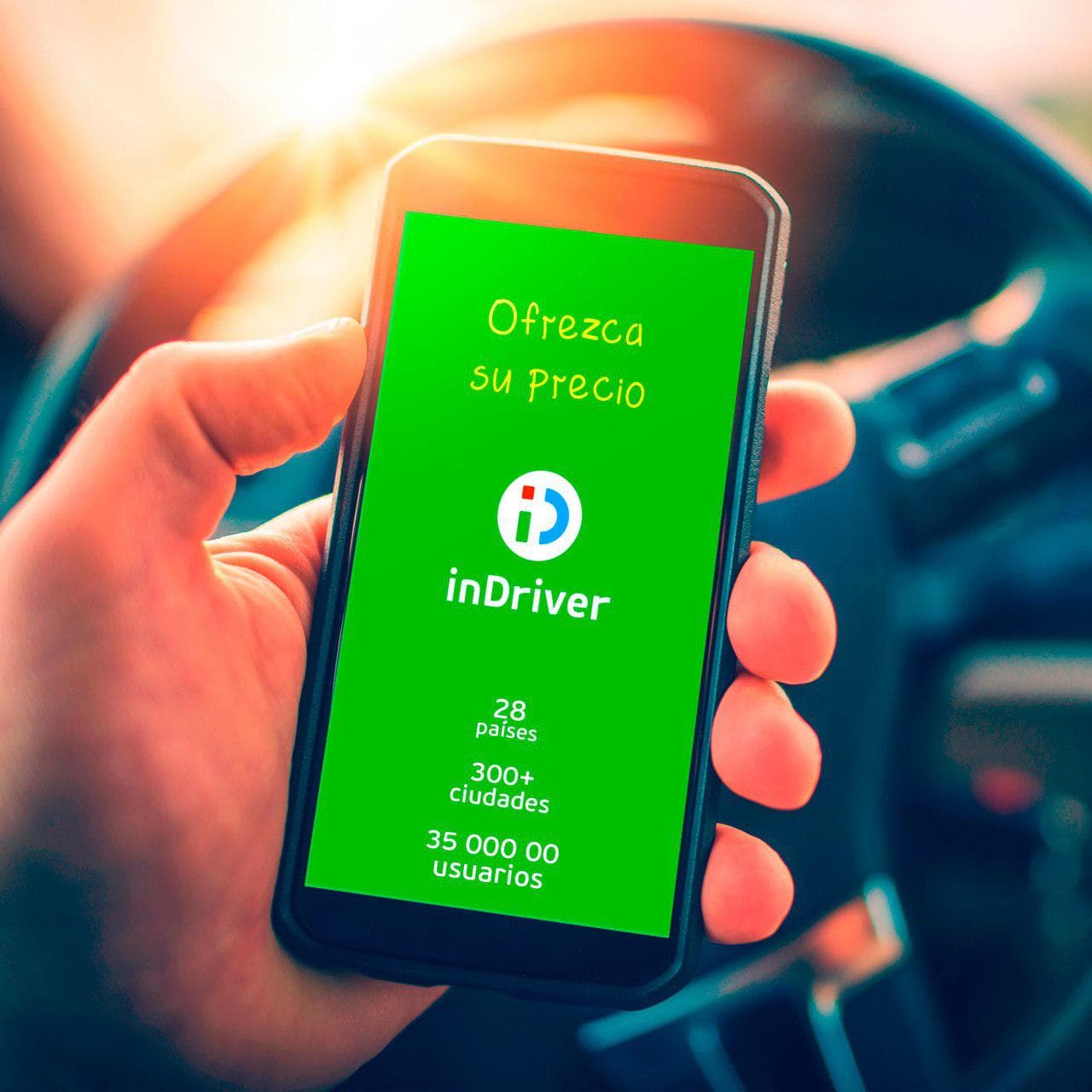

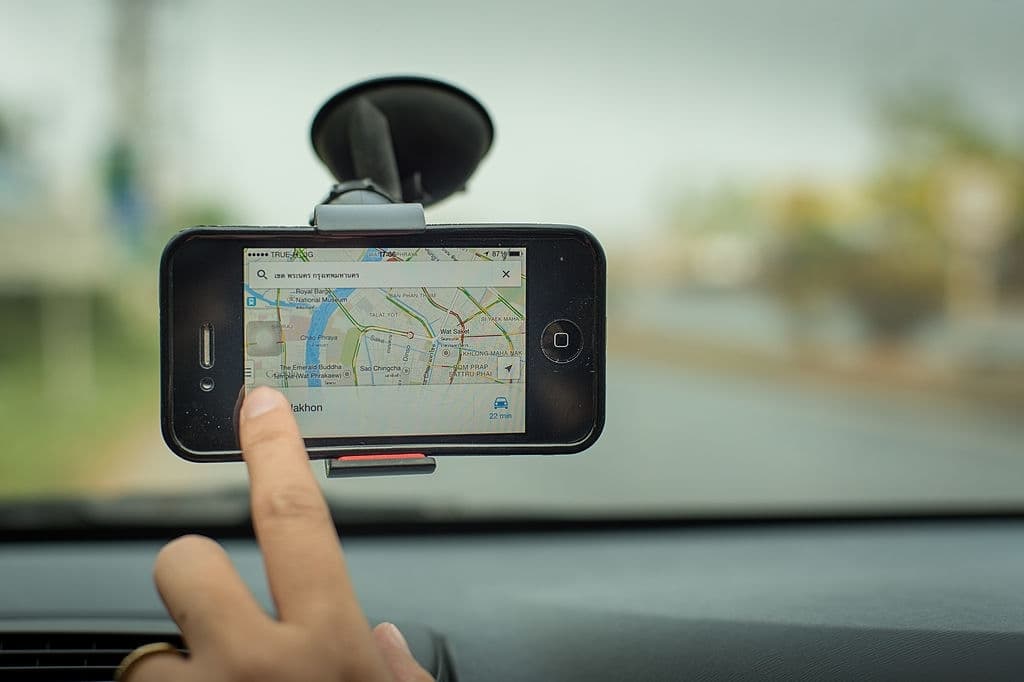
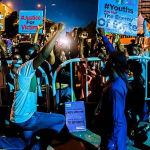


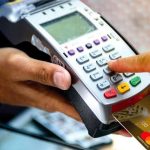















 and then
and then